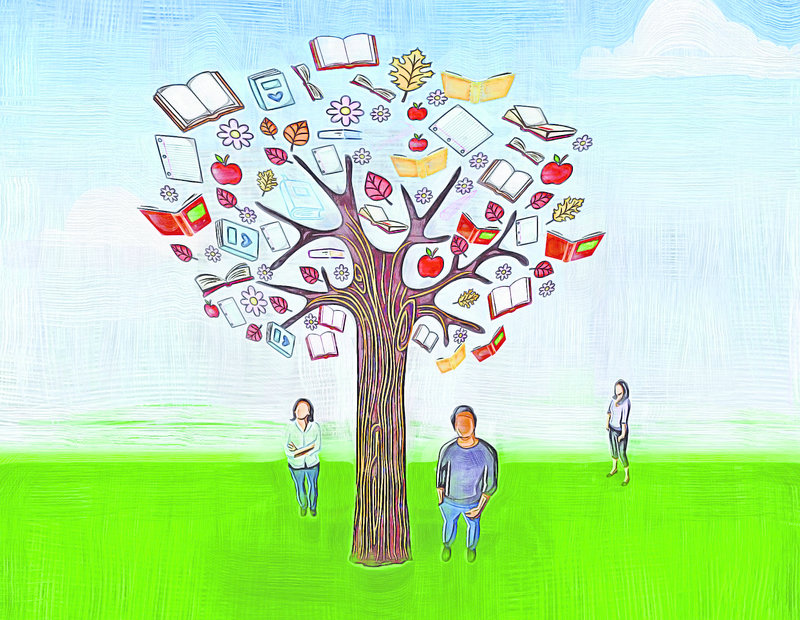Long-term resident
Matthew tree
Booked up
April has rolled around again, and with it comes the equally recurrent Sant Jordi's Day (the 23rd) on which people all over Catalonia give red roses and books to those they love, be it platonically, through kinship or stirred by pure lust (the rose tradition goes back to the 15th century, and the book one, to 1929). Unlike the major book festivals, such as those in London and Frankfurt – business-only events in which writers are seen more as a nuisance than a boon – Sant Jordi's Day is one long tryst between both local and international authors and their readers, with dozens upon dozens of the former chatting with and signing for hundreds of thousands of the latter. Sant Jordi is also a financial shot in the arm for the publishing industry here, which is just as well given that in the last two years, book sales in Catalonia – be they electronic or on paper, and in any language - have gone down 43%. This catastrophe (no other word fits the bill) is partly explained by the fact that – according to El País - the growing numbers of unemployed citizens eschew bookshops for free public libraries, for obvious reasons. But the core problem, says El País, is that four out of every ten Catalans don't read any books at all. Personally, I don't find that too unusual. Although for years I've been reading a fair amount, I laid off the print for months when I was about 19, believing that literature had been turned by England's upper-middle (aka 'chattering') classes into merely another specious token of their supposed social superiority. What is for sure is that not all books are to everyone's taste, no matter how hyped and awarded: a novel by one Nobel prize winning author irritated me so much that half way through I felt the urge to jump up and down on it. And with very few exceptions, I find genre fiction (noir, pseudo-medieval fantasy, S&M...) about as interesting as televised snooker. Non-fiction on potentially interesting subjects written by experts strait-jacketed by academic jargon has me reaching for the bottle. And of the 20 best-selling titles on Amazon there is exactly one I would read – but only if you paid me to. Reading, then, is highly subjective, but the sheer variety of titles means that everyone– current non-readers included– can find at least something that's right for them. The question, then, is how best to connect potential readers with 'their' books. Abolishing misleading best-seller lists and apparently prestigious prizes might be a good start.


